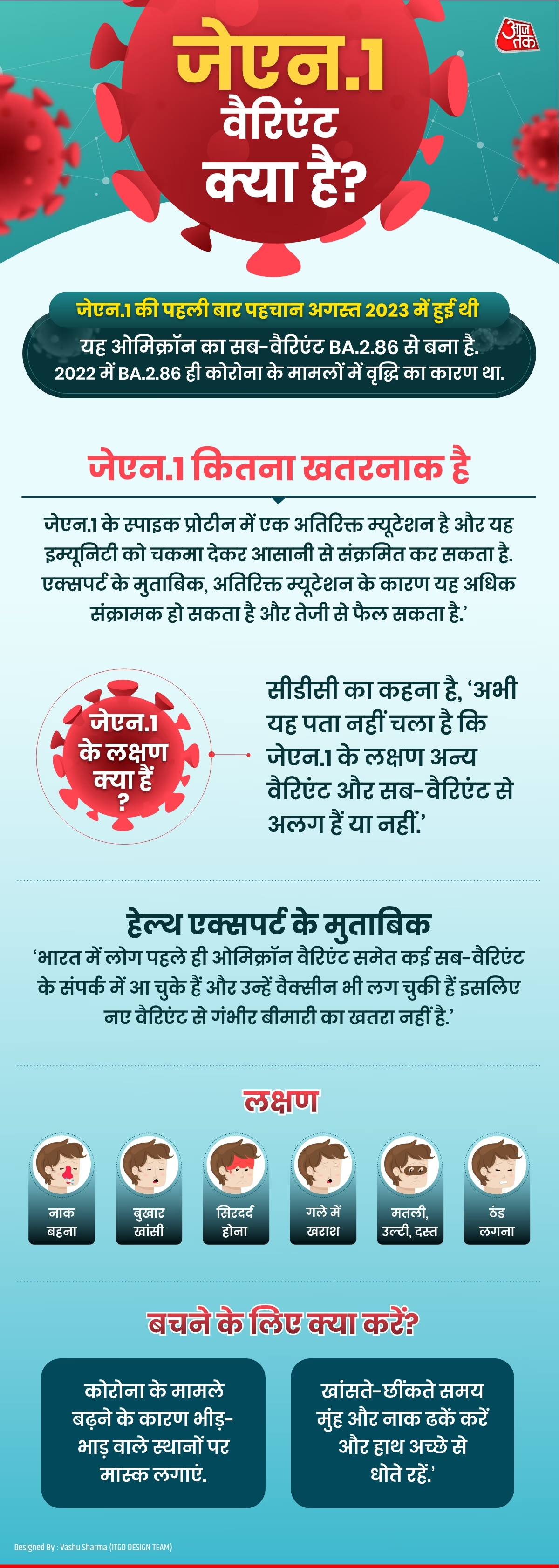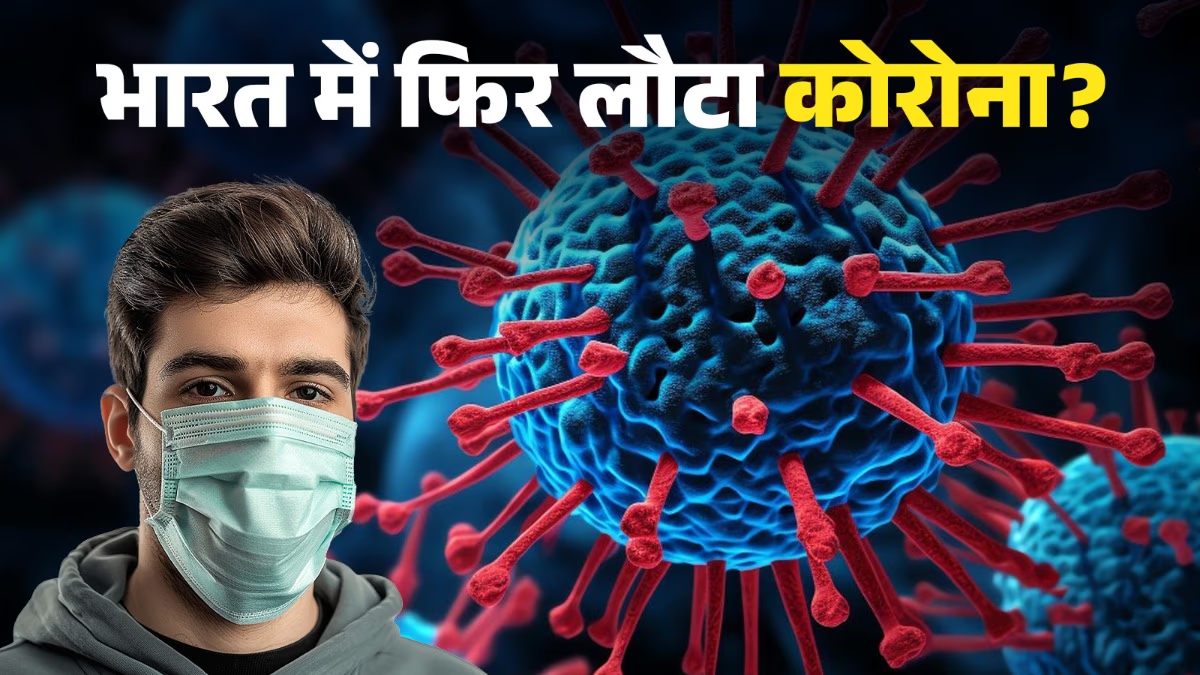COVID-19 cases in India:
Since January 2020, the SARS-CoV-2 virus has led to a global pandemic, claiming millions of lives worldwide. This virus infiltrates the body through respiratory pathways. India's first COVID-19 case was reported on January 30, 2020, when a medical student returning from Wuhan, China, tested positive. Recently, Southeast Asia, particularly Singapore and Hong Kong, has seen a surge in COVID-19 cases, causing concern in India.
Recently, 53 new cases have surfaced in Mumbai. Despite rising numbers in some Asian regions, the Brihanmumbai Municipal Corporation (BMC) urges calm and continuous monitoring. Citizens showing symptoms should seek medical help immediately.
COVID-19 surge in Singapore and Hong Kong
Cases in Southeast Asian countries like Singapore and Hong Kong are rising, prompting health officials there to recommend vigilance and caution. According to Nation Thailand, in the week ending May 3, Hong Kong reported 31 serious cases of COVID-19. Meanwhile, Singapore's Ministry of Health, alongside its infectious diseases agency, estimated approximately 14,200 COVID-19 cases for the week of April 27 - May 3, up from 11,100 the previous week.
The Health Protection Center in Hong Kong indicated a cyclic pattern of rising cases every 6 to 9 months post-normalcy. Controller Edwin Tsui predicts the current surge may persist for several weeks.
Insights from the review meeting
In a review meeting held on May 19 by experts from the National Center for Disease Control (NCDC), Emergency Medical Relief Division (EMR), Disaster Management Cell, Indian Council of Medical Research (ICMR), and Central Government Hospitals, it was assessed that India's COVID-19 situation remains under control. As of May 19, 2025, active cases number 257, a minimal count considering the country's vast population. Most cases are mild, negating the need for hospitalization. The Central Health Ministry remains vigilant, ensuring public health safety measures are in place.
Variants causing global concern?

Source: aajtak
The surge in Southeast Asia is largely attributed to the JN.1 variant, a descendant of the Omicron BA.2.86. The WHO reports JN.1 to have around 30 mutations, with LF.7 and NB.1.8 as leading sub-variants in reported cases.
JN.1 cases spotted in Delhi
In early January 2024, JN.1 cases were detected in India, echoing the current situation in Singapore and Hong Kong. There's limited information about the variants in Mumbai's recent cases.
The World Health Organization (WHO) warns that JN.1, a sub-variant of BA.2.86, is highly transmissible, urging caution. Following a JN.1 case in Delhi this past January, AIIMS highlighted the importance of not ignoring any symptoms and seeking immediate testing if they appear.
Experts mention COVID-19 variants are showing different symptoms possibly due to vaccinations people have received. Different bodies and immune responses may exhibit varying symptoms. The CDC reported on December 8, 2023, discussing JN.1 symptoms which depend on one's immunity and overall health.
UK health experts identify common signs in those infected with the JN.1 sub-variant:
Sore throat
Insomnia
Anxiety
Runny nose
Cough
Headache
Weakness or fatigue
Muscle pain
Doctors in the UK emphasize that symptoms like cough, sore throat, sneezing, fatigue, and headache might be COVID-19 indicators but could also signify influenza, urging testing first.
It's challenging to distinguish symptoms of new variants, given prior vaccinations or infections. Common symptoms remain cough, sore throat, sneezing, fatigue, and headache in most people.




